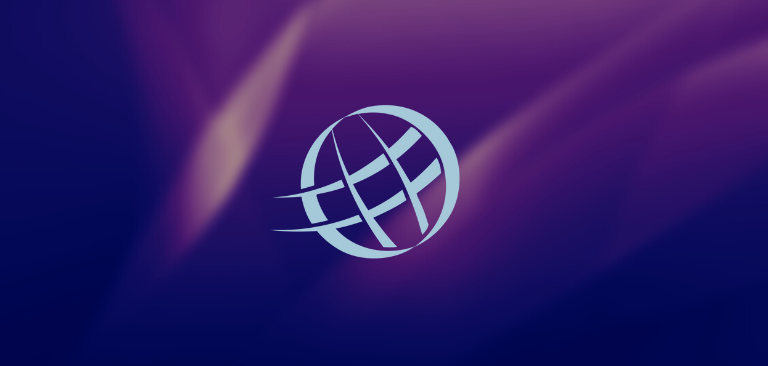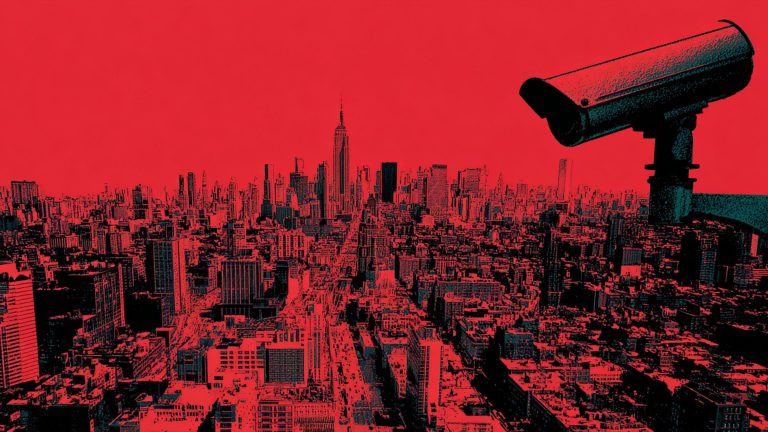There has been a lot of talk lately about centralized and unaccountable entities and internet monopolies preventing competition and participation in highly visible places, like social media sites and various online services controlled by giant corporations.
But at the end of February, Peter Sunde Kolmisoppi, co-founder of The Pirate Bay, now an entrepreneur and politician in Sweden, posted a series of tweets detailing how ICANN, a US based non-profit that controls some of the key internet infrastructure operates, concluding that it, too, exhibits monopolistic behaviors characteristic of a centralized internet.
Sunde discovered this during his lengthy application process, started in 2019, to become a registrar, that’s possible only with accreditation by ICANN that controls the internet’s root (DNS) servers, and therefore represents its central backbone, he writes.

He and his organization want the accreditation so they can work with organizations running top level domains (TLDs) like .com, .net, and .org, among others, which account for 96 percent of all domain names, leaving out only two-letter TLDs that belong to countries and are not within ICANN’s control.
But the application process has been painfully slow, involving a background check of every member of Sunde’s team. That resulted in ICANN informing him that some of the boxes in the application weren’t checked correctly – namely when he replied he had never been convicted of fraud, which is what the question was.
He is forthright about his past – including involvement a decade and a half a go in a copyright infringement case, which, as he notes, is not fraud, or other serious crime. His employer, a company audited by the UK’s Financial Conduct Authority, previously found no issue with his background.
Sunde is also aware of his reputation not only as co-founder of The Pirate Bay, which has long been a thorn in the side of the entertainment industry and by extension Big Tech, as well as ICANN, but also as a person dedicated to working against centralized structures and being outspoken in his criticism of those, including of ICANN.
“I’ve had lots and lots of domains suspended for dubious reasons. Not only The Pirate Bay. And friends of mine have had domains suspended, and important organizations I’ve worked with. Wikileaks famously lost their domain when we hosted them,” Sunde writes, as his emails to ICANN remain without response, and adds:
“So, for me it’s been of utmost importance to become a member of the club here – ICANN is a monopoly, they hang out with their friends in their trusted circles. So of course, I should be allowed to join. I have fulfilled all their criteria, and worked in good faith with them.”








